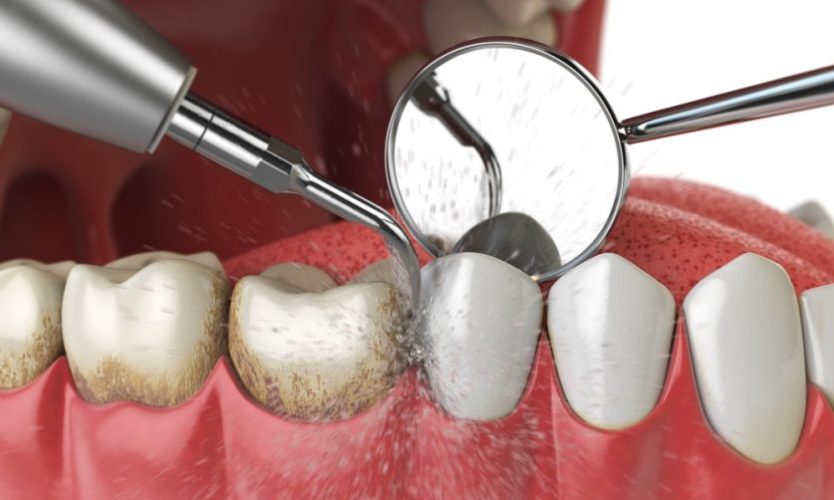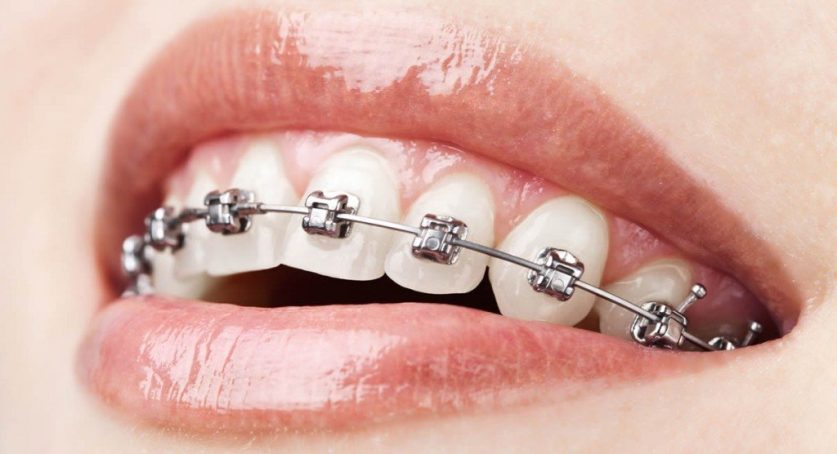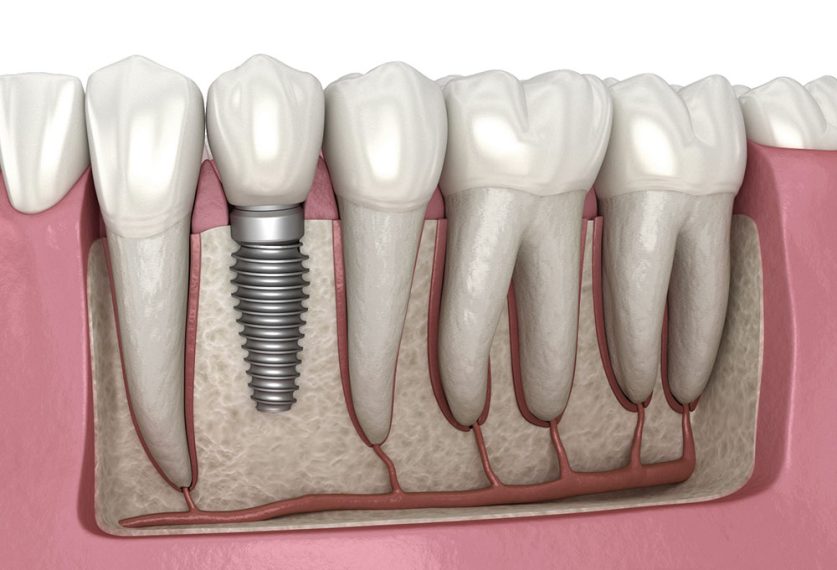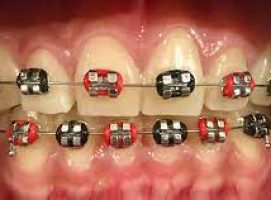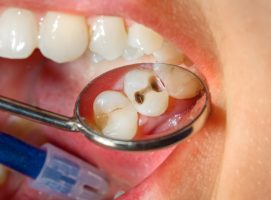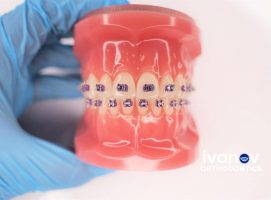What Are the Advantages and Disadvantages of Deep Cleaning Teeth?
If you have good dental hygiene, you don’t need to worry about bad breath and gum diseases. Thus, it’s essential to brush and floss regularly, at least two times a day, and visit a dentist for a regular check-up twice a year.
Sometimes, a dentist will recommend a deep dental cleaning treatment. Because you might have bleeding gums, receding gums, and loose teeth. However, a deep cleaning is also called periodontal scaling or root planning. This article will teach you about the treatment’s pros and cons.
What are deep teeth cleaning?
A deep teeth cleaning is a treatment in which your dentist removes the plaque and tartar buildup underneath your teeth, reducing gum inflammation and improving gums’ health.
Plaque is a sticky, firm form on your teeth. It may contain bacteria and develop when your teeth particles mix with your saliva. You can remove the plaque with daily brushing and flossing on your teeth. However, it doesn’t remove all the plaque on your teeth. Excess plaque calcifies and forms tartar.
The accumulation of plaque and tartar can lead to several dental problems, including gingivitis and inflammation of your gums. If left untreated, gingivitis can advance to periodontal disease. This is an unreversible disease that can destroy your bone tissues.
What are the advantages of deep dental cleaning?
- It stops gum disease.
- Fight bad breath
- Protect the roots of your teeth
- Promote healthy gums
- Prevent Tooth loss
You might need a deep dental treatment if your gums get pulled away from your teeth, and the disease makes ample space between your gums and teeth that can widen your teeth. This can lead to the weakening of your bones and support or tooth loss.
Disadvantages of deep cleaning teeth
- Slight pain and sensitivity after the treatment
- It can cause gum bleeding for a few days
- You may have the risk of infection after the procedure
- In very rare cases, you may have a chance of tissue damage
What does deep cleaning teeth involve?
Deep dental cleaning is very different from routine teeth cleaning. Because regular teeth cleaning removes the plaque and tartar above the gums line. In contrast, deep cleaning removes plaque and tartar above and below the gum line.
Because gum disease can cause a space between your gums and teeth, where tartar and plaque stay, cleaning below the gums can remove the buildup of plaque.
Deep dental cleaning involves gum scaling and root planning.
Deep dental cleaning usually takes place over two visits and involves gums scaling and planning. For each visit, you need at least 1-2 hours or more, according to the severity of the case.
During the treatment,the Miami children dentist removes plaque and tartar above and below the gum line. During the root canal visit, your dentist removes plaque and tartar that forms above and below the surface of your teeth and gums. This can also help reduce the size and space between your teeth and gums and allow them to reattach.
Conclusion
It would be best if you considered contacting an orthodontist in Hialeah for deep cleaning at least two times a year to avoid gum disease and tooth decay.

